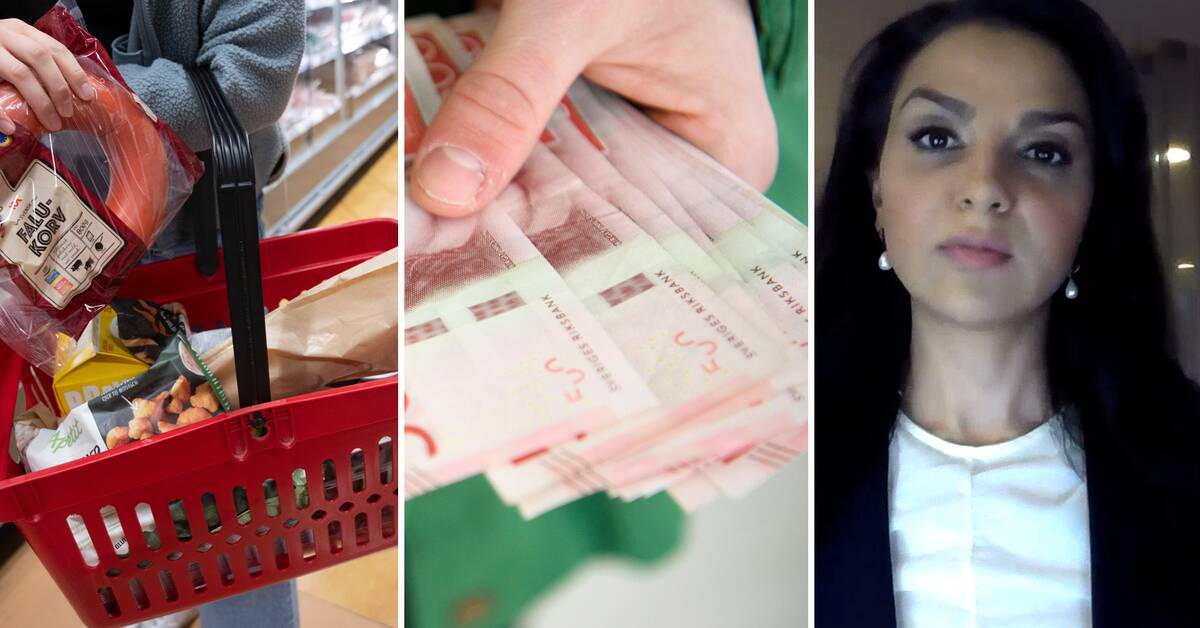Crashed banks in the US, rising mortgage rates and high food prices.
The price increase for food in February is the highest that the independent site Matpriskollen has ever measured.
And for the first time since 2015, Swedish households withdrew more money than they deposited, according to SEB's savings barometer.
- Many people now live on savings and it may be that we have the toughest time ahead of us, says Shoka Åhrman, savings economist at SPP.
How do the American bank crashes affect Swedish savers?
- At the moment it shouldn't affect that much, says Shoka Åhrman, who believes that Swedish fund companies generally don't invest that much in American tech companies, says Shoka Åhrman.
- I don't think we need to declare the next crisis, as a Swedish bank customer you don't need to be worried.
Swedish major banks are stable and covered by a massive regulatory framework that exists to prevent crises, says Frida Bratt, savings economist at Nordnet.
The most important thing is to get a savings buffer
Do you have any tips on how to save?
- Trying to negotiate your mortgage is always a good idea.
Amortization is also good if you can, but the most important thing is to get a savings buffer by saving in a savings account with interest.
But you have to sympathize with those who cannot save, not everyone has that opportunity right now, says Shoka Åhrman.
- Funds with low fees and high risk diversification have historically been effective savings, despite a nervous market, says Frida Bratt.
Something that many people can think of doing in the short term is to try to reduce their expenses: review streaming services, perhaps rent out part of the home and plan their food purchases.
- Also think about protecting your finances.
What happens if you become unemployed or on sick leave?
A-kassa, health insurance and income insurance can be good.
Many have insurance on the car, but not on themselves or their income, says Shoka Åhrman.
Can you opt out of any savings form?
- The type of savings form that you know nothing or very little about should be removed.
It all depends on what knowledge you have, how risk-averse you are and what the time horizon is, says Shoka Åhrman.

